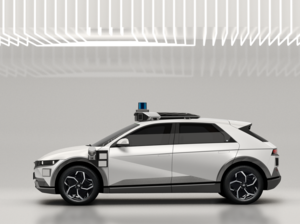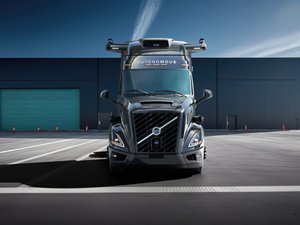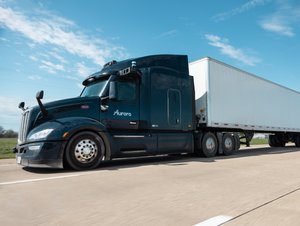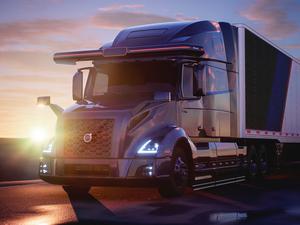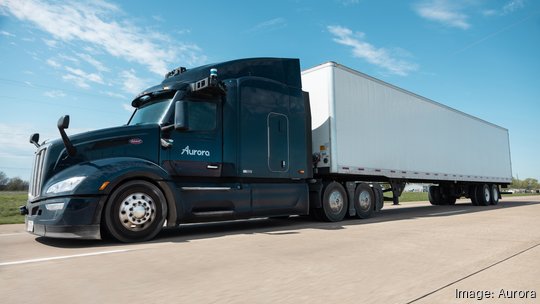
In a recent publication from Aurora Innovation Inc., CEO Chris Urmson discussed artificial intelligence alignment and noted "various AI faux pas" from other companies, including one from Google, his former employer.
AI alignment is the aim of ensuring that AI systems are steered towards a person or group's intended goals. Alignment has historically been a researched and debated topic going back to the origins of the field in the 1950s and 60s, but widespread discussion has grown extensively in recent months following the rapid expansion of the industry.
These discussions have brought a wide variety of viewpoints. President Biden passed an executive order on "the safe, secure and trustworthy development and use of" AI last October, citing that AI "holds extraordinary potential for both promise and peril." Last week Pope Francis made history by becoming the first Pope to address the G7, speaking on the subject. He called AI "an exciting and fearsome tool" and referred to ethical alignment as an "urgent need."
Urmson listed numerous examples of the need for alignment in the broader AI sphere, including chatbots "representing developer's values" by not responding bigotedly. He also addressed recent shortcomings by Google's AI implementation, noting one now infamous example where the website told pizza chefs to cook with glue so that the cheese would stick to their pizzas.
"It's one thing to tell people to add glue to their pizza, where hopefully the person reading that recommendation can intervene," Urmson wrote. "It's another to have the self-driving car veer off the freeway for no reason."
Urmson previously worked at Google on its self-driving car project that went on to become Waymo. The division has undergone a series of troubles including having to pull over 600 vehicles off the road last week. Although he did not acknowledge Google directly beyond the pizza comment, Urmson gave a more blanket address on the various shortcomings of competitors.
"Those naively attempting to solve self-driving using a pure end-to-end system will find themselves bogged down in a game of whack-a-mole, much like the folks delivering large language models have," Urmson wrote. "It's likely that many chatbots now have an explicit set of sources that they exclude, e.g. various trolling channels on Reddit. In the self-driving world, this leads to patching ad-hoc bits of code onto the output, e.g. to enforce stopping at stop signs rather than mimicking the common human behavior of rolling through them. Without some systemic, proactive framework this will descend into an unmaintainable quagmire of code."
Aurora has developed what Urmson called "verifiable AI," an approach which seeks to directly embed driving rules into the software. After embedding the "hard rules of the road" the AI is then trained on "how expert drivers behave."
The prospect of autonomous vehicles has faced a controversial reception, with the Pew Research Center reporting that 63% of US adults "would not want" to ride in a driverless vehicle. There has also been regulatory debates on the subject matter, including attempts in California to ban driverless trucks, as well as pushback from trucking unions.
But despite the controversy, Aurora intends to have completely driverless vehicles on the road by the end of the year.
"Over the last many decades, those in our field have learned the bitter lesson, data-centric AI systems will outperform hand-engineered systems as computation becomes more available," Urmson wrote. "At the same time, the need to verify and constrain the behavior of AI systems has never been higher, particularly as we look to improve the safety and productivity of America's roads. Without overcoming the alignment challenge, the public and regulators simply will not accept this technology."
